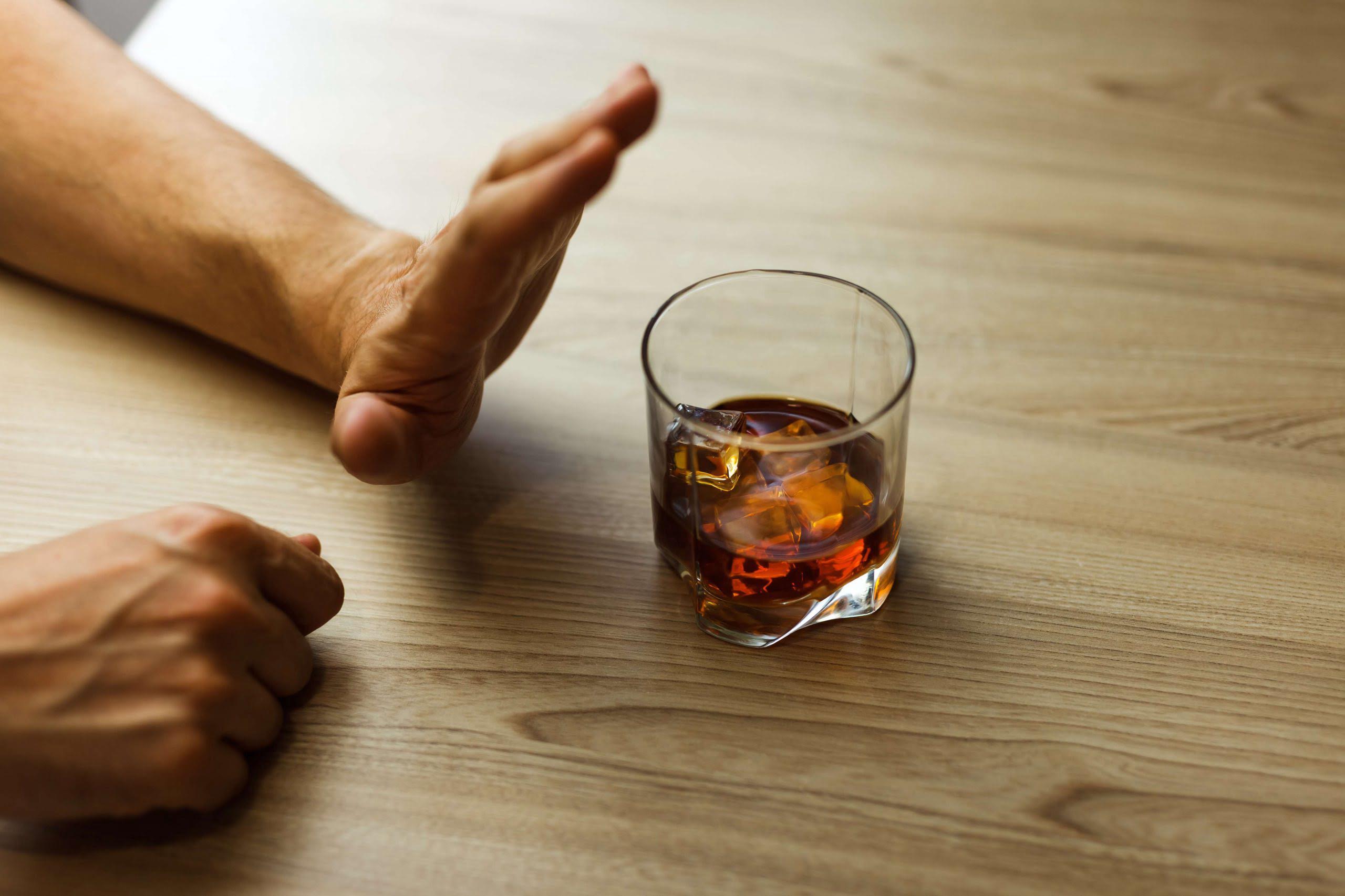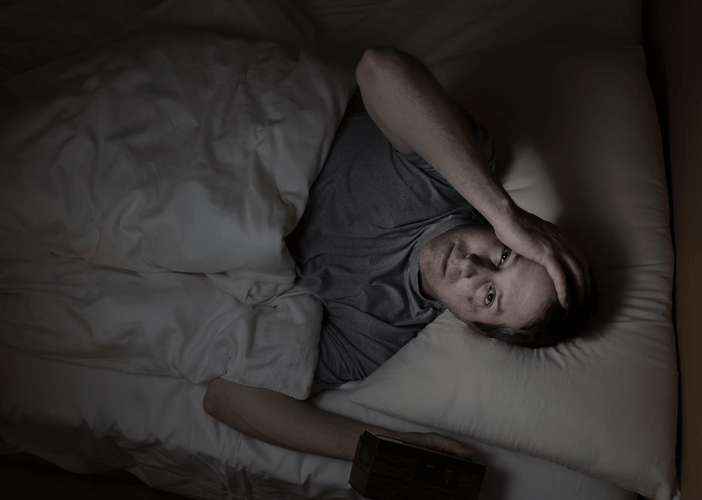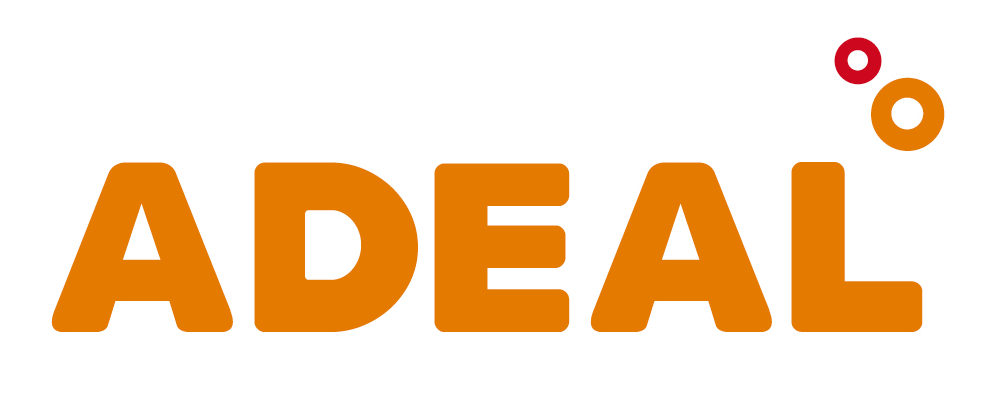The important feature is that the interest avert boredom and provide rewards that outweigh the desire to return to substance use. Research shows that if you maintain these types of toxic relationships, your chances of relapsing are greater. To avoid relapse and remain sober, it’s important to develop healthy relationships. An alcoholic who is in “recovery” is essentially in remission from alcoholism. Their alcoholism is not cured but is at bay in a way that allows them to be free of the cravings and mental obsession. Real recovery also began as I was able to finally take full responsibility for all the pain and trauma I’d caused my wife and family.
Identify Your Personal Triggers
It gets in the way of recovery, self-acceptance, and accessing help when needed. Cravings are the intense desire for alcohol or drugs given formidable force by neural circuitry honed over time into single-minded pursuit of the outsize neurochemical reward such substances deliver. Cravings vary in duration and intensity, and they are typically triggered by people, places, paraphernalia, https://thebostondigest.com/top-5-advantages-of-staying-in-a-sober-living-house/ and passing thoughts in some way related to previous drug use. But cravings don’t last forever, and they tend to lessen in intensity over time. Nevertheless, the participants experienced challenges in constituting and confirming their new identities. Many experienced a challenge dealing with grief, having wasted so many years of their lives on being addicts.
Solutions to Underage Drinking – Parenting Advice for Teenage Drinking
I found a sponsor who could help me work the steps, and I was consistent at attending one meeting a week. Some people may also call this “white knuckling” or “dry drunk syndrome,” which is when you abstain from substances but don’t do the deep, inner work to experience true change. I started to shift my thinking to be more positive and grounded in gratitude (for all the things I take for granted everyday 🤦♀️) instead of being negative and always mad about what I didn’t have. I started to be considerate of other people instead of only looking out for what I wanted from everyone. I wasn’t honest, I wasn’t always a good friend, I was selfish, and I did some crappy hurtful things in my drinking life. In my recovery, I had to start doing all of those things differently.

Sobriety vs. Recovery: Understanding the Key Differences
I don’t want to be too scared to get off my buns and build the life I want. Decide what kind of person you want to be and what kind of life you want to have, and make the choices that get you there. Once I could see the pieces I needed to heal I could start practicing new behaviors to heal those things. For me, I had to get sober before I could recover and I think this is true for most people. Opioids cause both psychological and physical dependence, where cocaine mostly causes only psychological dependence. Engaging with these resources and communities reinforces the notion that you’re not alone.
What must follow is the process of behavior change, through which the brain gradually rewires and renews itself. In the following, these findings will be discussed related to knowledge about the interplay between life events, turning points and social contexts in shaping the change process towards a new identity as a non-addict. Some of the participants Top 5 Advantages of Staying in a Sober Living House had become parents during their addictive period in life. These participants reported better child–parent communication as a crucial part of the new life as sober. The participants described that staying clean and avoiding temptations required avoiding contact with old friends and people they had known in the substance use milieu.

The natural process of making a huge change in your life will bring enough uncertainty and anxiety on its own. You want to spend this time getting through these events and getting comfortable in your new lifestyle. Take some time to be calm and patient, get to know yourself in this new version of you and introduce this new version of you to the other people in your life. You don’t want situations and activities that are going to cause you to have high highs, or low lows. You want to stay even, because highs and lows are going to knock you off balance. That’s what causes more feelings, high anxiety, sadness, uncertainty.
- Otherwise, their behavior is at risk of cementing the problem in place.
- Without addressing these underlying issues, individuals may be more prone to relapse or may find it difficult to find fulfillment and happiness in their recovery journey.
- No matter which pathway of recovery a person chooses, a common process of change underlies them all.
- Sleep is essential for shoring up impulse control and fostering good decision-making.
Laying down the tracks for a balanced lifestyle with mind, body, and spirit is key to developing emotional sobriety. Listen in as Joseph Skrajewski, Wall-Streeter-turned-addiction-educator, talks with host William C. Moyers about the difference between being sober and being in recovery. Discover why sobriety from alcohol or other drug use becomes, for many, the starting place for ongoing personal transformation.
Avoid Relapse During Addiction Recovery
- But when we drink and/or use drugs, there is another layer to this because we start to use the substance as our method of coping with feelings, instead of learning how to actually cope with feelings and get through it.
- Studies show that craving for alcohol peaks at 60 days of abstinence.
A few common indicators are if you often blame others for your problems, have rapid mood swings, try to push your emotions away, and find it hard to stay in the present. Fortunately, anyone can develop emotional sobriety, no matter who you are, what you’ve been through, or how long you’ve been in recovery. It’s okay to feel emotionally shaky in the beginning; in fact, that’s completely normal.
The fact that personal recovery requires sobriety aligns with previous findings, indicating that sobriety is helpful in initiating mental health recovery processes (Green et al., 2014). Consistent with previous findings (Silverstein and Bellack, 2008), the present results point to more dynamic and processual aspects of sobriety rather than just regarding sobriety as being dichotomous in nature. Notably, the participants reported hard work in distancing themselves from drug dealers and other criminals, criminal actions and fear of the police. Apart from the occasional craving for illegal drugs and alcohol in controlled forms, the participants experienced their new life as non-addicts as a kind of freedom, for instance, from the fear of the police and criminal prosecutions.
